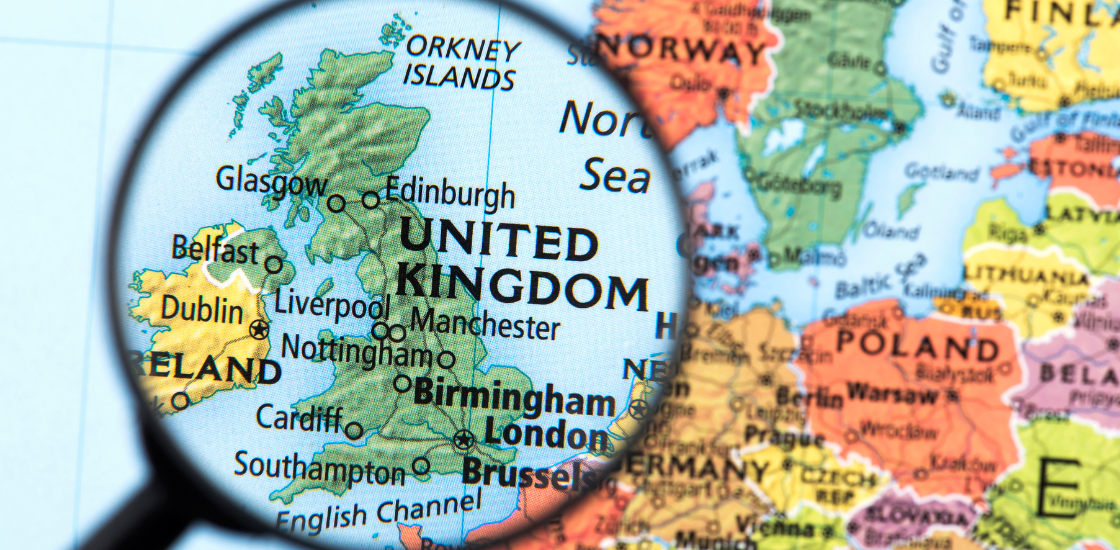Labour’s Potential £3 Billion Tax Hike on UK Gambling Sector Could Reshape the Industry
The UK gambling industry faces an uncertain future as the Labour Party considers a significant tax increase of up to £3 billion. This proposal, if enacted, could drastically alter the sector, forcing operators to reassess their business strategies and overall market approach.

Increased Tax Pressure on the Horizon
The Labour Party’s proposal to impose a substantial tax increase on UK gambling companies has sent shockwaves through the industry.
With figures suggesting the hike could reach £3 billion, operators are bracing themselves for potential shifts in how they conduct business.
The UK Chancellor, Rachel Reeves, has pointed to a £22 billion financial gap left by previous governments, arguing that additional revenue is necessary to stabilize the country’s finances.
This has led to growing concerns that gambling operators could become an easy target for filling this fiscal shortfall, particularly with the Labour Party preparing its first Autumn budget in 14 years.
The Role of the Gambling Industry in the UK Economy
The gambling sector in the UK is a significant economic player, contributing billions in revenue and employing thousands of workers.
The industry includes a wide array of activities, from sports betting and online casinos to traditional brick-and-mortar establishments.
Given the industry’s prominence, it has often been a focal point for policymakers looking to both address public concerns surrounding problem gambling and to bolster government finances through taxation.
Concerns Over Business Viability
The proposed £3 billion tax increase has many operators worried about their long-term viability.
Such a drastic change would likely lead to a fundamental restructuring of the industry, as companies may need to overhaul their business models to cope with the increased tax burden.
Labour’s plan is part of a broader effort to reform the taxation system and channel funds into social welfare programs.
However, for gambling companies, the increased financial pressure could result in reduced investments, potential layoffs, and a contraction in their service offerings.
Broader Industry Impact
If the tax increase is implemented, the consequences for the gambling sector could be profound.
Many operators might find it difficult to remain competitive, with tighter margins affecting their ability to provide a diverse range of products and services.
In an industry where consumer experience and product innovation are key, such financial constraints could hinder growth and innovation.
The full impact of this proposal is yet to be seen, but the sector is clearly preparing for a period of significant adjustment.
